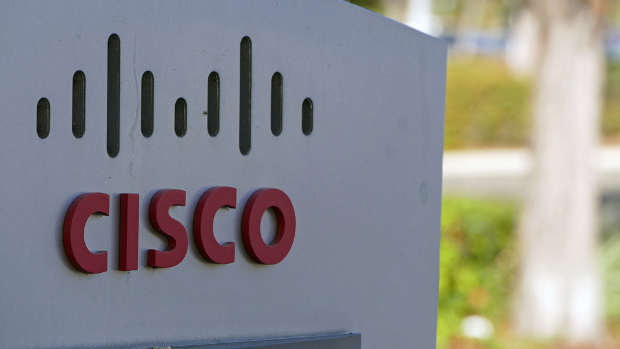
Cisco clamps down on reseller pirates
Cisco is tightening the reins on partner procurement control as part of an ongoing fight against fraudsters counterfeiting its products.
Global channel chief Oliver Tuszik revealed that the networking vendor will carry out on-site and remote audits of Cisco partners in an attempt to reduce the risk of them unintentionally selling fake Cisco products.
The announcement comes six months after US Customs and Border Protection (CBP) agency seized $626,880 (€573,000) worth of counterfeit Cisco products in one day.
In an attempt to reassure the partner community, Tuszik revealed the vendor is “aggressively going after fraudsters and counterfeiters”.
“Like many successful technology companies, Cisco also gets targeted by ‘bad actors’ who counterfeit and pirate our products or who game the system to look like registered Cisco partners,” he wrote in a blog post.
“When this happens, it’s not only Cisco who takes a hit but also our partners and customers: partners miss out on revenue opportunities and customers can get stuck with fake Cisco products that don’t work.”
Listing a number of measures in place to clamp down on counterfeit sales, Tuszik said Cisco was investing more in partner screening to make it harder for unauthorised brokers and suppliers registering and entering the market.
He also said the company was working with distributors to review Cisco’s “denied” partner list before engaging in any sales transactions.
Other efforts include collaboration between Cisco’s Brand Protection team, who were said to be working with border protection and customs agencies globally to monitor “grey market activities”.
The team is also working with Cisco’s engineers on anti-counterfeiting technology and field authenticity capabilities in our products, Tuszik added.
Counterfeiting products have long plagued the channel in Australia, with Microsoft notably winning a legal case against sellers of unlicensed Microsoft software products in 2017. The sellers were collectively ordered to pay $200,000 in damages.
IDG News Service






Subscribers 0
Fans 0
Followers 0
Followers